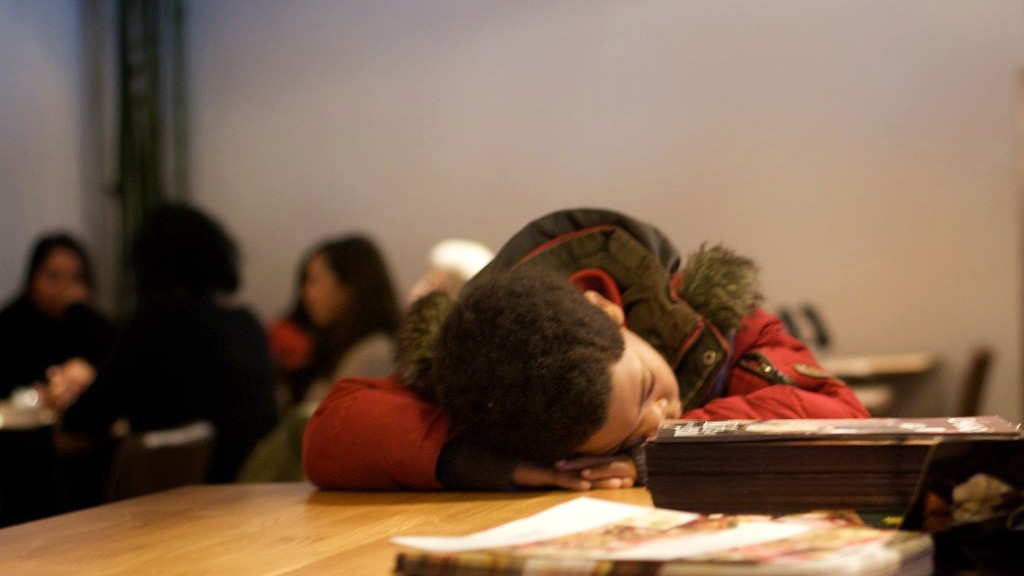California Schools Will Let Teens Sleep In Next School Year
In an attempt to curb adolescent mental health issues, teenagers in California will be treated to a later school start time.

At a certain age, tiny tots stop waking up at the crack of dawn, and trade in early mornings for a yearning to sleep in as late as possible. While this notion is often touted as being a custom for the lazy teenage years, scientific research actually backs up the need for more sleep in these growing years. Because of this, California high school students will be treated to a later school start time next fall.
According to a report from the Associated Press, beginning in the 2022-2023 school year, no high school in the Golden State will be allowed to open its doors for class before 8:30 a.m. It’s a measure that is gaining traction in other states too, as a way to address the growing mental health struggles reported in adolescents. Similar proposals for a later school start time are being considered in states like New Jersey and Massachusetts as well.
High schoolers aren’t the only age group that will benefit from a later school start time in the west coast state. Middle schools will also be restricted from starting before 8 a.m. That proposal came fourth in 2019, as a first-in-the-nation law. Lawmakers are hopeful that enacting this new law will have a plethora of benefits.
One of the activists that pushed later school start time through California’s assembly, Joy Wake, fought vehemently for this act, citing information that depicts somber statistics that teenagers overall are sleep-deprived, for one reason or another. Teenagers get a lack of sleep from a combination of biological factors, screen time, and some expectations of busy life schedules involving homework, extracurriculars, and jobs.
What’s more, sleep deprivation can negatively affect teenagers’ academic achievement. Studies published in the National Library of Medicine emphasize this, citing how sleep deprivation and tiredness in school can lead to lower grade point averages, an increased rate of academic failure, and even worse, more chances of traffic accidents when a teenager is driving to and from school. All this is adding to the push for a later school start time.
As for the biological aspect, simply ordering teenagers to go to bed earlier doesn’t necessarily work. Adolescent bodies are wired to stay up later than at any other age because of the way in which the sleep hormone, melatonin, is distributed at later times of the night for this age group. Because of this, the American Academy of Pediatrics (AAP) now recommends that middle and high schools start no earlier than 8:30 a.m. Furthermore, the Center for Disease Control and Prevention (CDC) suggests that healthy teenagers need eight to 10 hours of sleep a night.

Even with these recommendations, many schools around the nation still start earlier than what’s proposed. According to the most recent statistics from the National Center for Education Statistics (NCES), the average school start time for high schools was 8 a.m. A whopping 42% of others started earlier than eight.
While some are hailing this measure, skeptics fear that a later school start time will be harder to work around, especially for parents that transport their kids to school before their work day begins. But to advocates for this like Joy Wake, the benefits that students will reap far outweighs the challenges presented in pulling this measure off. There is one group that is surely not complaining about getting to sleep in a little longer, and that is the teenagers that will benefit from later school start times.



